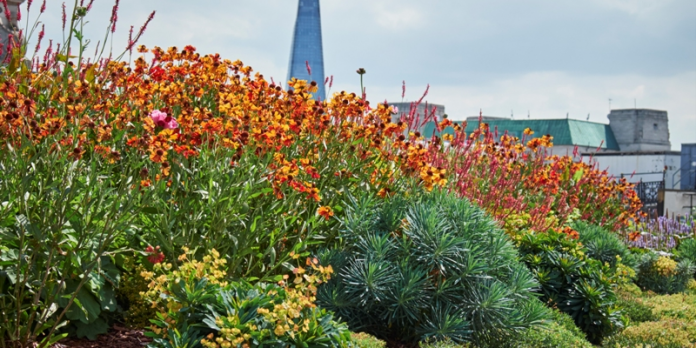The UK government has published a Brexit ‘no deal’ guidance note concerning importing and exporting plants and plant products
The UK government has published a Brexit ‘no deal’ guidance note concerning importing and exporting plants and plant products. The LI’s Plant Health and Biosecurity Working Group has produced a synopsis of how a no deal scenario could affect trade in plants:
How a ‘no deal’ scenario could affect trade in plants
Currently, there are no border controls on most imports and exports on plants and plant products between the UK and the EU, unless they are subject to EU plant passports (such as live plants of Hawthorn, Apple and Pine for planting out).
In a ‘no deal’ situation, the UK will be treated as a third country and will lose access to the EU plant passport regime. This would mean that the UK would need to meet the EU’s third country import requirements to export controlled plants and plant products, including all wood packaging material to the EU. While not explicit within the guidance, it appears to suggest that the UK government will treat all incoming material (EU and no EU) as if it originated from a third country.
However, the UK government has decided that the majority of plants and plant products are low-risk and should continue to enter the UK from the EU freely. This decision seems to go against recommendations mooted by Defra’s Chief Officer Nicola Spence. The free, unrestricted movement of plant material may also put the UK at greater risk of importing a disease with a wide range of hosts, such as Xylella.
The UK government has also said that there would be a new UK plant passport regime. Any business wishing to move plants currently subject to a plant passport within the UK would need to obtain authorisation from the relevant UK plant health authority, and issue a plant passport when doing so.
Businesses currently involved in exporting plants and plant products that require plant passports to the EU would have to apply for a Phytosanitary Certificate (PC) from the relevant UK plant health authority before they could export. Those plants would require a separate PC issued from each country of export, especially if it has passed through the EU without checks being made, and the importer would need to inform the relevant UK plant health authority before anything arrived.
Some items would need prior laboratory testing or an inspection during the growing season, with all these services subject to fees and charges. Any consignments of controlled plants and plant products exported to the EU may be subject to border checks. There is no mention in the guidance of sales of plant material via the internet.
How could this impact on our work?
Anyone wishing to import from the EU plants that are currently subject to plant passports will need to build additional budget and extra time into project programs to allow for extra checks and the completion of possible testing and relevant documentation, such as a PC.
This may have project impacts – but it may have positive implications on the level of traceability for plant material, the likelihood of intercepting pernicious pests and diseases, and long-term post-implementation monitoring.
We may specify plants that inadvertently bring in pests and diseases that cause significant environmental damage, simply because we lack the time-critical information. Any notification of diseases or EFSA risk assessments would only be picked up when they are widely published. Defra has already acknowledged that we are losing key scientists on the seats of cross EU Plant Health and Biosecurity Organisations.
Ultimately a ‘no deal’ Brexit has the potential to delay planting projects and create administrative burdens for the supply chain of plants into and within the UK.





